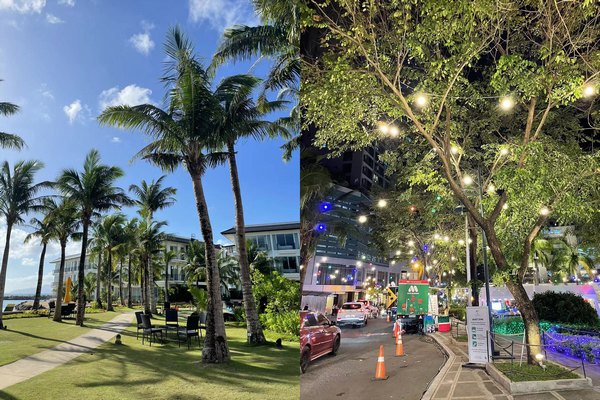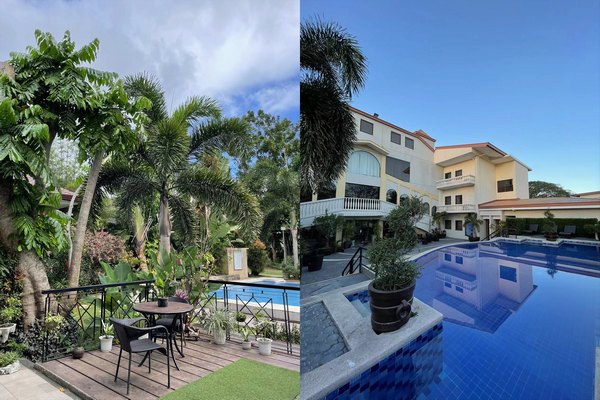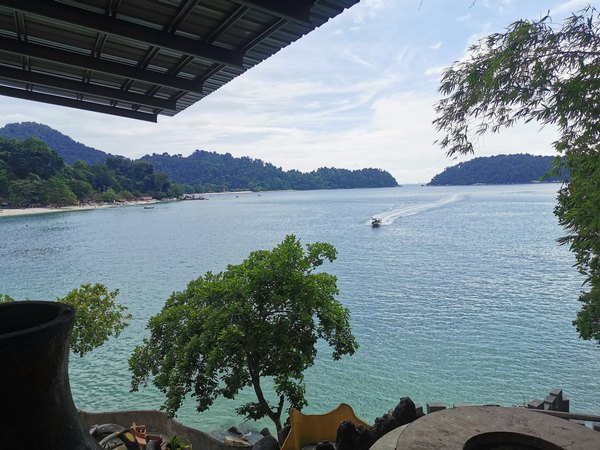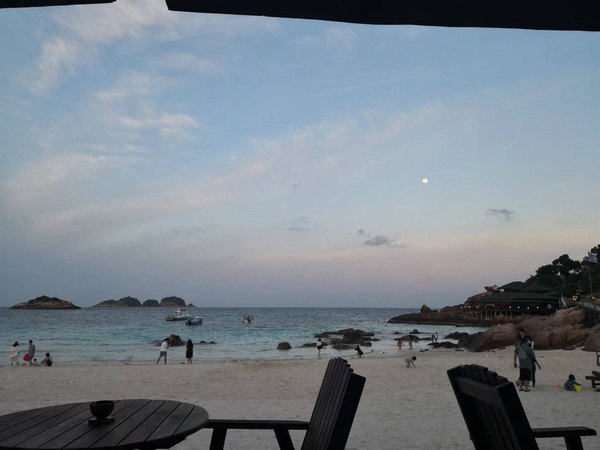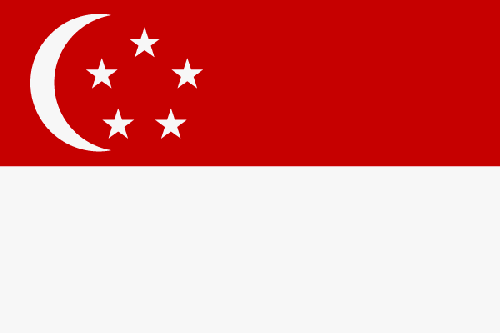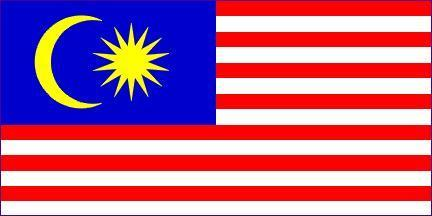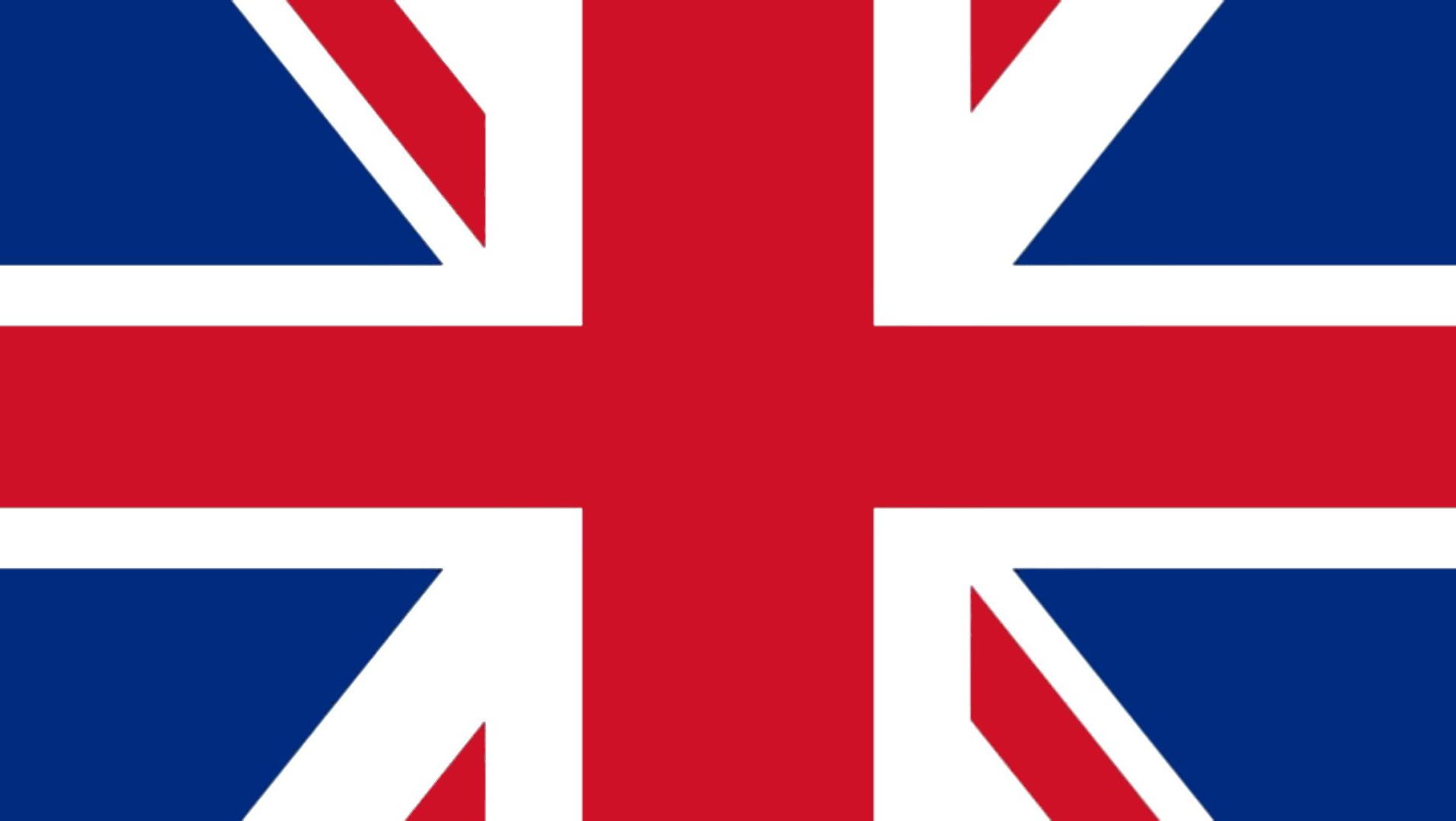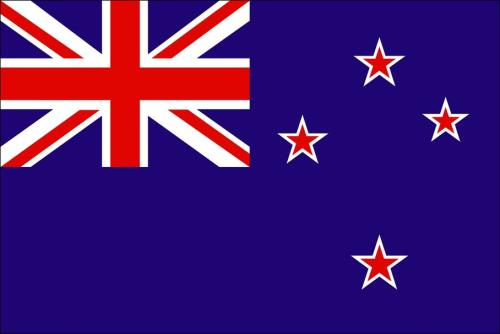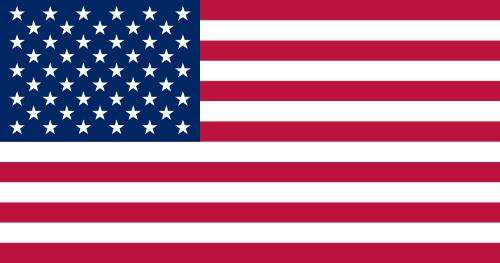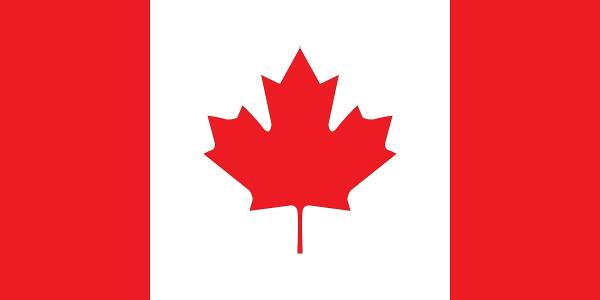对于很多人来说,雅思口语考试是一个非常难的一个考试。很多人在考试过程中常常出现卡词、回答不上来的情况。这是因为我们对雅思口语的常用句型不太了解。其实在我们备考的过程中,我们可以通过背诵一些常见的雅思口语万能素材以及口语开头的常用句这些方面,我们在考试过程中理清思路,组织语言。那么雅思口语的万能开头句有哪一些呢?雅思口语常用的表达又有哪一些呢?快和小编一起来看看吧。
一、雅思口语万能开头句
遇到口语新题卡壳时,你需要这些句子
1. This is a tough question. I have never heard about it, nor have I ever read about it (倒装句丰富句型).
2. Give me a few seconds for me to search every piece of information in my head now.
3. It is an abstract question. I know little about it.
4. Are you asking me something about+你重复一下句子中的关键词…?
5. Have I given enough information? It would be great if you could give me more.
6. Am I making myself clear?
7. Now you want me to talk about it. But I don't have too much to say.
8. Give me a few seconds for me to organize my thought a little bit.
遇到话题来不及思考是,你需要一些简单过渡词
如果你不需要这么长的思考时间,你可以说这些简单的过渡词:
1.“ well”
2.“you know”
3.“actually”
4.“I mean”
5.“personally”
6.“to be honest”
7.“on the other hand”
8. “frankly”
“as a matter of fact”等等,这些表达也叫discourse marker (语篇标记),也就是并不改变句子本质意思的语言填充物。这样的表达也是我们雅思官方评分标准里面有明确要求的。它们可以帮助我们争取思考的时间。
最后一个方法就是思考的时候拖长一些单词和短语的声音,一方面达到强调的功能,另一方面给自己创造思考空间。
遇到话题没听懂时
如果单单是因为紧张,没有听清楚问题,儒家思想不可抛--不耻下问,千万别乱答会扣分哦。当然,问也是有学问的,下面有两种场景,大家可选择用:
1) 场景一,当你没有听懂时,可用:Could you please paraphrase (转述)that question/topic?/I’m not exactly sure what you mean +某一个生词…或者当你听到这个词不是很确定其意思的时候也可以用。
不要再用pardon啦!其实如果考官真的给你一字不落地,然后慢慢地给您重复一遍也是非常搞笑的一件事,可能到最后还是你没听懂,因为你没听懂可能并不是因为考官说得太快,而是有些表达或是生词,让考官帮你用一种比较容易懂的方式转述一下是最好的办法,但是这个句子也不能经常用,你知道,如果经常用了就要扣分了,大家控制在1-2次。
2) 场景二,当你对考官所提问的内容不熟悉或完全没有听说过时,可用:
I’m not exactly sure how to answer that question, but perhaps+加点你知道的一点皮毛,或是你听别人说的而已
That’s rather difficult question, but I wonder if could give me more information about that.
I’m sorry, but I don’t know much about…
二、雅思口语常用表达
学会雅思口语一些常用句型表达,提高雅思口语水平近在咫尺。
1.表达喜好
I prefer A to B because ...
If I have a choice,I would ...(a real possibility)
If I had a choice,I would ...(not a real possibility, just wishing)
For me, A is much more attractive / interesting / preferable than B because ...
I would much rather do / have / eat / listen to / blah blahblah A than B ...
2. 比较和对比
A is much better / worse than B.
A is not nearly as good as B.
A is not quite as important as B.
A is almost as tall as B, but not quite.
When I compare these two items, it's clear that ...
3.表达建议
Maybe, Perhaps, Possibly
One possibility that I can think of is ...
Another idea to think about is ...
clusion that ...
I've never thought about this question much before, but it seems to me that ...
5.解释
The reason I believe this is ...
The most important evidence supporting my belief is ...
6.推测
I'm not sure what might happen, but one possibility is ...
It's hard to predict the future, but I suppose it / we might ...
7. 分析
There are several points to consider, first of which is ...
We can break this question down into several parts. First ...
Let's look at this step by step. To begin with ...
8. 总结
Altogether, there were...
In the end, they had to...
When we consider all the factors...
Considering all of these ideas, maybe the best thing would be to...
I’m afraid that’s about as much as I know.
I think that’s all.
I can’t think of anything else right now…
Is there anything else you wish to know?
9.最后结束语表达
That's very kind of you. Thank you.
Thank you very much for giving me information.
Well, thanks for talking to me and I wish you all the best.
Thank you, sir?
Nice talking to you.
I appreciate your talking with me. Goodbye.
I enjoyed talking to you.
It is been very helpful talking to you.
10.修正(换一种方式重述)
Maybe I'm not making myself clear. I want to say that...
What I mean to say is ...
What I'm trying to say is ...
Another way to put it is ...
In other words, I am…
And that means…
Let me put it another way,…
What I’m suggesting is…
All I’m trying to say is…
What I’m getting at is…
If I can rephrase that…
Perhaps I should make that clearer by saying…
Perhaps it would be more accurate to say…
The point I’m making is that…
三、雅思口语学习方法
雅思口语学习的方法有很多,比如找外教。雅思找到一个专业的外教进行练习还是很有必要的。分享一下小编在用的app:留小留,可以随时和世界各地的Native Speaker进行一对一的口语对练,里面有很多专业的雅思外教可以选择,而且还有前雅思高级考官,强烈建议考试前跟雅思考官模拟测试一下。这个软件用起来就跟打微信语音/视频电话一样,质量很清晰。这个是最让小编感到意外且性价比超级高的一个APP了。小编长期练习的一个外教陪练是英国的Leila,她不仅口音纯正,而且人超级nice,她本人还是一个摄影师,小编也经常跟她交流摄影方面的技巧。
不过大家在跟外国人练习雅思口语的时候,小编有2个建议:1是提前准备一个话题,带着话题去跟他们练习能让你学到很多地道的表达;2.是不一定非要选择欧美的老外,像有些南非、菲律宾的也很专业,练习口语也不错。
四、雅思口语高频句型
1) which 从句——6分保底。
考官很喜欢这个句式,如果你用到它,考官脑中一般马上反应:嗯,这个考生语法也许在6分以上。Which从句可以分成两种情况:修饰先行词和修饰前面整个意群。
a. 修饰先行词:
例:Where are you from?
I’m from Shanghai,which is the biggest city in China, located in the east coastal area.
这里的which修饰的是先行词Shanghai。大家可以把这个句子背下来,因为在口试当中,问到where are you from?的可能性还是很大的。其实,除了这个题目外,还有很多题目的回答可以用到这个句式,大家可以具体去发现。如:what’s your favorite dish? 答:My favorite dish is Stirred-fried shrimps, which is a Shanghainese local specialty。
b. 修饰整个意群:
例:How do you think about your job?
My job is really boring, you have to do the same thing everyday, which is one of the major reasons leading to the loss of motivation.
这是一个7分的句式,因为which修饰的是整个意群(上面修饰先行词为6分),即:My job is really boring, you have to do the same thing everyday,能够体现出考生灵活使用复杂句式的能力。没有大局观的人,是很难把这个句子说对的。在这种情况里,which一般翻译为:这(种情况、事情......),起到总结归纳的作用。如:Our government has realized the problem and is taking constructive measures to deal with it, which is a good sign, but if we don’t do it in a scientific way, I’m afraid the consequence could still be lethal. 政府已经意识到这个问题,正采取措施解决,这是个好兆头。但如果我们措施不够科学,恐怕结果依然是致命的。
2) 间接引语——简单,但是好用。
例:Why did you choose that major?
I chose that major because I thought it would lead to a secure job. As well as that,......
I thought it would lead to a secure job就是间接引语,大家以后碰到这个问题,可以用该句式来回答。除了这里,只要是涉及到解释过去的事情都可以用。如:I shared the toy with my friends whenever they came to my house, because I thought they would like it, and they actually did(part2 describe a toy in childhood)。又如:Everytime I went to the museum, I would always bring a note book with me, because I thought I shouldn’t miss anything.
3)条件从句——8分句式。
例:If I hadn’t got his advice on how to prepare for IELTS tests, I’m sure I would have met with big problems(part2 describe a piece of advice).
这个句式的基本结构是:
If....hadn’t.......I’m sure/ afraid... would/wouldn’t have happened。翻译成中文,是:如....不发生的话,我确信/恐怕....会发生。它的前后两部分都是虚拟语气,表示假设发生过的事情如果没有发生,结果会怎么样。例句可以用到part2 describe a piece of advice,其实除了这个话题外,我们还有许多地方可以用到它。大家不妨翻译以下句子,把它们背下来用用: a)如果那天我没有跟他散步,我相信我英语不会取得如此大的进步(part2 a walk)。
b)如果没有去长城,我相信我不会如此深入了解长城的历史(part2 a historical site)。
我们精心为大家整理的《雅思口语万能开头句 雅思口语常用表达》文章不知道大家满不满意,如果大家想了解更多语言培训相关的信息,请关注语言培训栏目。
本文来源:
https://www.dsxliuxue.com/news/77346.html



